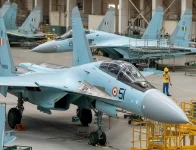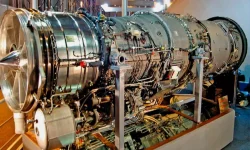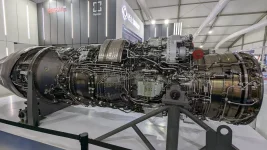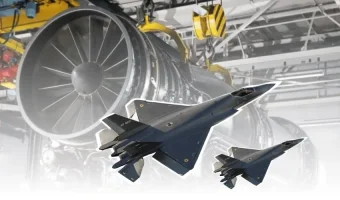
A Pakistan Air Force (PAF) JF-17 Thunder Block 2 fighter jet, powered by a Russian RD-93 engine, crashed on June 5th near the Jhang district in Punjab province.
Video footage of the incident surfaced on social media, showing the pilot successfully ejecting before the crash. Although not officially confirmed, the crash is suspected to be caused by engine failure, a recurring issue plaguing the JF-17 program.
Despite the video evidence and widespread speculation, Pakistani authorities and media remained silent for nearly a week. The news was eventually confirmed by Martin-Baker, the manufacturer of the ejection seat that saved the pilot's life. This delay in acknowledging the incident has raised questions about transparency and accountability within the PAF.
The JF-17 Thunder, jointly developed by China and Pakistan, has been marketed as a cost-effective alternative to Western fighter jets. However, the program has been hampered by persistent engine issues. The Russian RD-93 engine, initially chosen to power the aircraft, has been prone to failures, contributing to at least two out of five known crashes.
Pakistan's attempts to secure a more reliable engine have faced challenges. The Chinese-made WS-13 engine, offered as an alternative, was reportedly rejected by Pakistan due to concerns about its reliability. Furthermore, the ongoing conflict in Ukraine has made it difficult to procure the upgraded RD-93MA engine.
Open-source information and expert analysis suggest that the JF-17 program's future is uncertain unless the engine issues are resolved. The lack of a reliable and readily available engine could severely limit the aircraft's production and deployment. This could also impact Pakistan's ability to export the JF-17 to other countries, as potential buyers may be wary of the aircraft's safety record.




